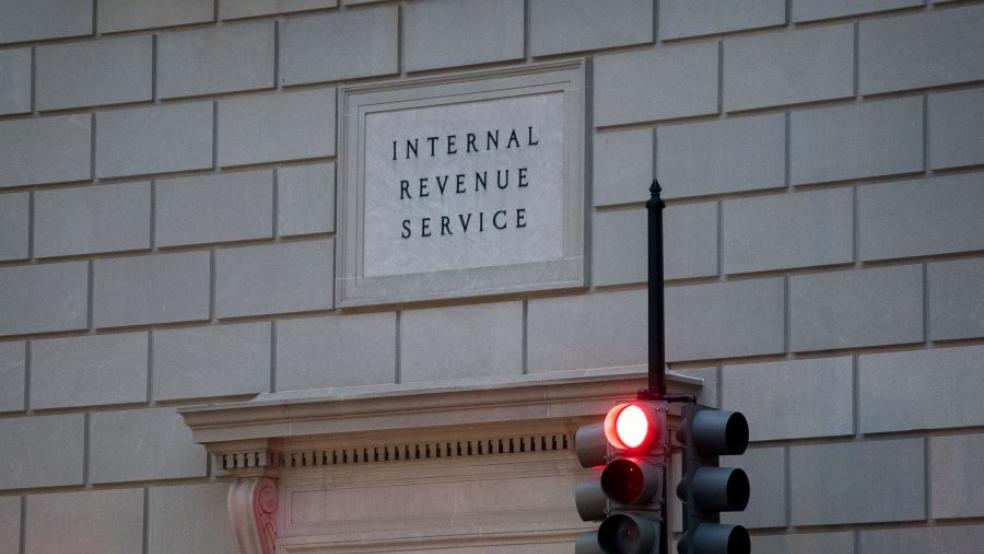Amid growing concerns about fraud, the Internal Revenue Service announced on Thursday a moratorium on new claims for the Employee Retention Credit, a refundable tax credit created by Congress in 2020 to encourage businesses to keep employees on the job during the Covid-19 pandemic.
New claims for the credit, which is worth as much as $26,000 per employee for eligible organizations, will not be processed until next year at the earliest as the tax agency takes time to examine the 600,000 claims currently in the queue. The IRS said it will allow businesses to withdraw their claims or to repay any refunds they received if they now believe their original claims were improper.
The IRS said it was reacting to a “flood” of questionable claims, driven in large part by a growing number of dodgy consulting firms that seek to convince business owners to file for what they say is free and easy money.
“The IRS is increasingly alarmed about honest small business owners being scammed by unscrupulous actors, and we could no longer tolerate growing evidence of questionable claims pouring in,” said IRS Commissioner Danny Werfel. “The further we get from the pandemic, the further we see the good intentions of this important program abused. The continued aggressive marketing of these schemes is harming well-meaning businesses and delaying the payment of legitimate claims, which makes it harder to run the rest of the tax system.”
The IRS has received about 3.6 million claims for the tax credit, which covers only part of 2020 and all of 2021, though employers have until 2025 to apply for it. The number of applications has been rising recently, with 50,000 claims coming in per week as a result of aggressive marketing by consulting firms that collect a percentage of any refunds paid.
The IRS has now paid out about $230 billion for the tax credit – about three times the original estimated cost. At the current rate, the tax credit “will cost the government more this fiscal year than the mortgage interest deduction and charitable deduction combined,” The Wall Street Journal’s Richard Rubin said.




